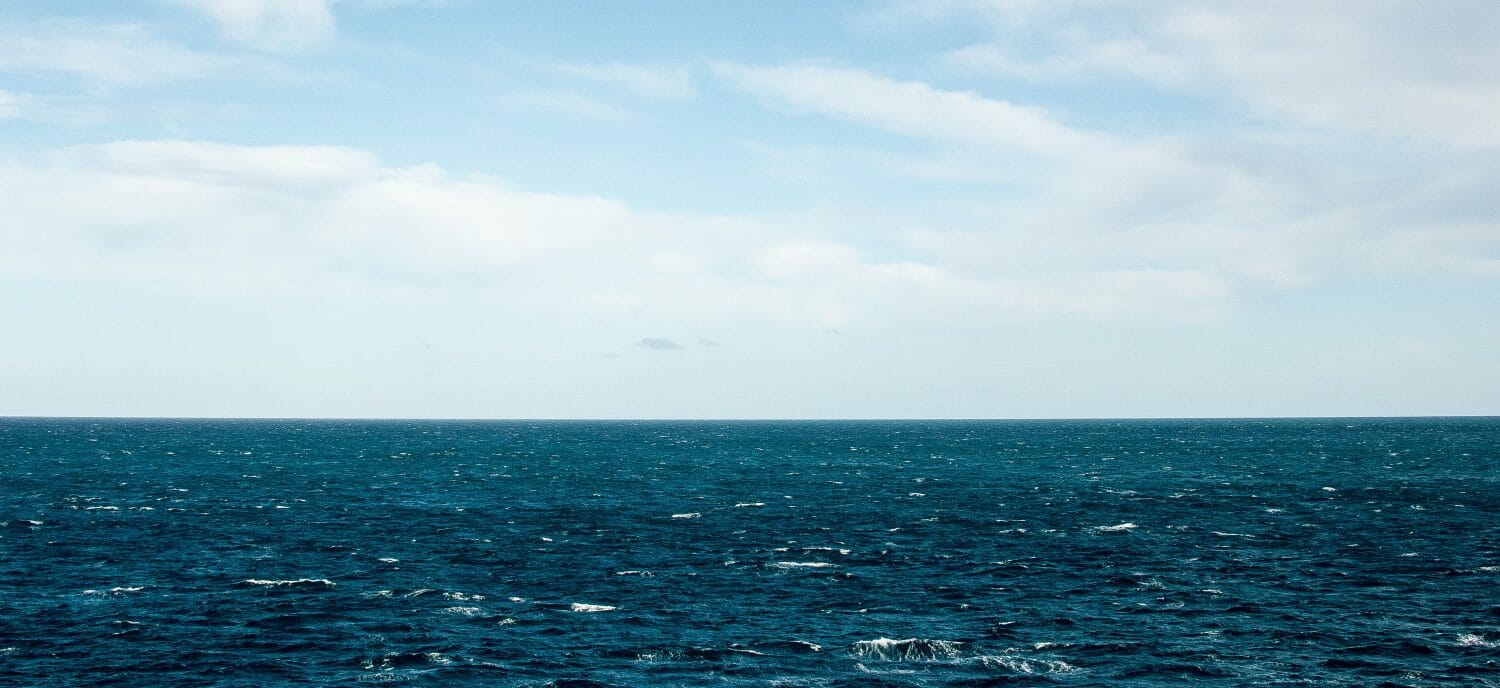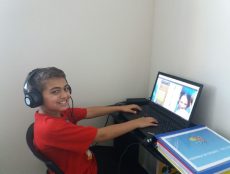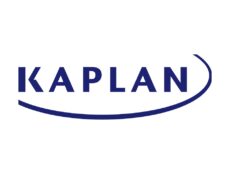
A large portion of the world is covered in water, and this means that many people work on water rather than land. Indeed, from coast guard personnel to merchant marines to deep-sea oil workers to marine biologists, thousands of people spend part or most of their work year on water. Traditionally, bringing quality training to seafaring workers was a major challenge since they typically work long shifts that may even entail living on board for extended periods of time. Today, eLearning on the high seas is changing how seafaring workers from marines to researchers are staying on top of new developments in their fields.
Why eLearning on the High Seas Makes Sense
Ships are complex and potentially dangerous work environments. Whether you’re hauling cargo, fishing, overseeing a deep-sea oil operation or carrying out research on the effects of global warming, if you’re working on a ship, you’ll need a basic understanding of seafaring and sea safety, including search and rescue techniques and first aid.
Recently, Videotel and Safebridge teamed up to offer training and certification courses on board. Together, they offer eLearning courses on a wide-range of subjects. Nigel Cleave, the CEO of Videotel, said the partnership will help operators overcome several major training challenges: “The fact that crew generally have to complete their training ashore means that the shipping industry has faced a costly logistical burden in getting crew the knowledge they legally require.” With Videotel and Safebridge’s partnership, many training challenges can now be overcome and idle time on board (between scheduled shifts) can be put to more productive use by ship crews. A recent report in Marine Electronics & Communications reported that Videotel’s training solutions are already in use on more than 12,000 vessels worldwide.
Types of eLearning on the High Seas
Videotel’s library of training courses is expansive and offers general safety training courses as well as specialized courses for different crew members. On the general training side, Videotel’s library includes courses on subjects such as how to address crisis management on board, risk assessment on board, HAZMAT training, how to deal with stowaways, and how to reduce on board risks, including the excessive use of drugs and alcohol. The Videotel library also contains many courses geared to workers in specific industries and workers who occupy specific on-board roles (e.g., liquefied gas tanker training and safe container operations).
To date, the Videotel library has not only been widely embraced by companies industry wide but also by several accrediting boards in the shipping industry. Selective Videotel courses are approved by the American Bureau of Shipping, Bureau Veritas, Institute of Marine Engineering, Science & Technology, Maritime & Port Authority of Singapore, and the Swiss Maritime Navigation Office among other organizations around the globe. C
Videotel Rolls Out New Health-focused Courses









[…] Read the full story by eLearningInside News […]